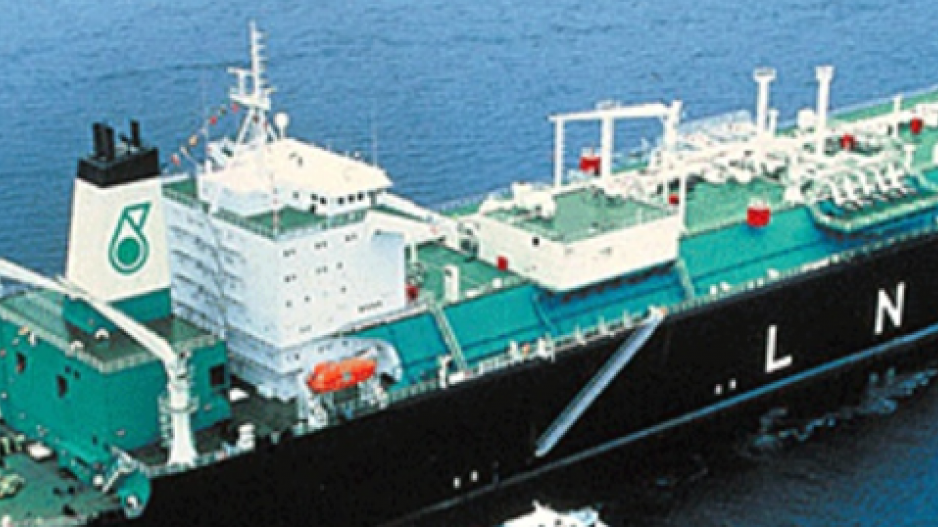Should Alberta’s Orange Crush ever splash over the border and an NDP government think about raising LNG or carbon taxes, the government of the day would be obliged to compensate Petronas, thanks to a project development agreement announced May 20.
Premier Christy Clark also announced a long-term royalty agreement that sets the royalty rate that Petronas will pay B.C. – an agreement that Clark said will guard against price volatility.
The agreements must be ratified in the Legislature and only take effect if Petronas makes a final investment decision.
In total, the company expects to invest $36 billion on the Pacific NorthWest LNG project, pipeline and upstream natural gas assets.
“These agreements set the stage for a potential $36 billion investment in Northern B.C. that will be a key driver of jobs and really set the stage for a new era of economic activity and a new industry for B.C.,” Clark said.
Under the agreement, the B.C. government agrees to compensate Petronas, should future governments move the goalposts on things like LNG taxes and credits. For example, if the B.C. government were to increase its LNG tax rate, or introduce some new income or capital tax, Petronas would have the right to be compensated.
It would also be compensated if the province increases an LNG-specific carbon tax. Petronas would also be elgible for compensation if the priovince decreases the natural gas tax credit.
The agreement also ensures that, should more beneficial agreements be signed in the future with other proponents, companies like Petronas will be able to qualify for the more beneficial agreement.
In a technical briefing prior to a press conference with the Premier, government officials said LNG proponents have been asking for project development agreements as a way to increase "certainty" around projects. Examples of they types of uncertainties proponents are trying to avoid could include additional levies or an industry-specific carbon tax, applied after an investment decision has already been made.
Project development agreements have been signed for projects in Australia as well as in less-developed countries. They have not been used in the United States.
The agreement, which must still be ratified by the Legislative Assembly, takes effect once Petronas makes a final investment decision.
Under the new royalty agreements, a minimum payment would have to be paid when production levels drop but will be paid at rates based on production when production is higher.
Clark said the royalty structure smooths out the payments to the province and protects against price volatility.
“We wanted to make sure… to protect taxpayers, that we insulated ourselves against volatility in natural gas prices,” Clark said. “So it means that we will get a predictable amount every year into the provincial budget, and when prices are down, it means that we get more than we otherwise would and, when prices are up, sometimes a little bit less, but it’s the same amount overall.
“It’s a smooth rate, if you will, that means we protect ourselves against volatility.”
With a file from Jen St. Denis




